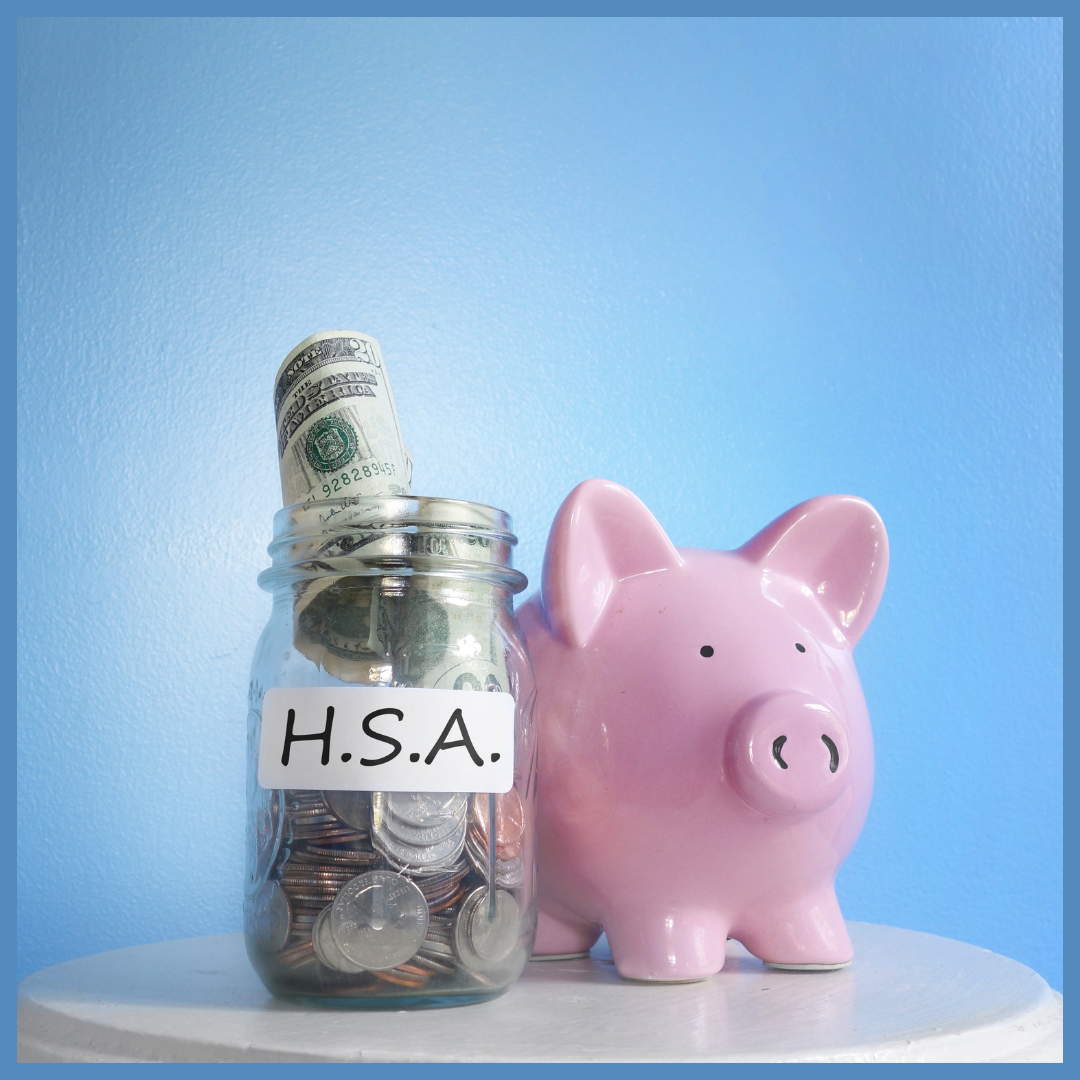News

Your HSA: A Beginner’s Guide
New to a Health Savings Account (HSA)? Here’s What You Need to Know
As the name suggests, a Health Savings Account(HSA) is a special savings account used to pay for healthcare-related expenses. An HSA has potential financial benefits for now and later. Not only can you save pre-tax dollars in this account to pay for qualified medical expenses (QMEs), but HSAs can also provide valuable retirement benefits.
If you’re new to HSAs, here are some tips to help you get started:
- Understand the Basics:
- Triple Tax Advantage: HSAs offer a unique triple tax advantage: contributions are tax-deductible, earnings grow tax-deferred, and withdrawals for qualified medical expenses are tax-free.
- Eligibility: To be eligible for an HSA, you must be enrolled in a high-deductible health plan (HDHP). A HDHP is an insurance plan with higher deductibles and out-of-pocket costs. However, HDHPs carry lower premiums than traditional insurance plans, and in most cases, the cost savings in premiums alone are significant.
- Contribution Limits: There are annual contribution limits set by the IRS. The HSA contribution limits for 2025 are $4,300 for self-only coverage and $8,550 for family coverage. Those 55 and older can contribute an additional $1,000 as a catch-up contribution.
2. Maximize Your Contributions:
- Contribute Regularly: Set up automatic contributions to your HSA to make saving consistent and effortless.
- Consider a Catch-Up Contribution: If you’re 55 or older, you can contribute an additional $1,000 as a catch-up contribution.
3. Use Your HSA Strategically:
- Pay for Qualified Medical Expenses: Use your HSA funds to pay for eligible medical expenses, such as doctor visits, prescriptions, and dental care.
- Invest for the Future: Consider investing your HSA funds for long-term growth. This can be a great way to save for other future healthcare needs or even retirement. Once you reach age 65, you can withdraw money from your HSA for any reason without penalty – only ordinary income tax due.
- Unused HSA Funds: HSA funds can be rolled over to the next year. However, if you withdraw funds for non-medical expenses, you’ll pay income tax plus a 20% penalty.
Money that goes in and out of an HSA is tax free as long as payments and reimbursements from the account are used only for Qualified Medical Expenses (QMEs). QMEs are healthcare-related items or services designated by the IRS that you can write off when you do your taxes. There are thousands of medical procedures, services and types of equipment that are considered QMEs, and the IRS frequently updates the list.
It is important to know that your HSA account is yours – not your employers. Unlike healthcare Flexible Spending Accounts (FSAs), which your employer technically owns, your HSA belongs to you. So, when you leave a job, you keep all of the money you’ve saved up in your HSA and can transfer into a new HSA or employer-sponsored HSA at your next job.
The Bottom Line
HSAs are often referred to as triple tax-advantaged and are one of the best savings and investment tools available under the U.S. tax code. As a person ages, medical expenses tend to increase, particularly when reaching retirement age and beyond. Therefore, starting an HSA early and allowing it to accumulate over a long period can contribute greatly to securing your financial future. By understanding the basics of HSAs and following these tips, you can make the most of this valuable financial tool.